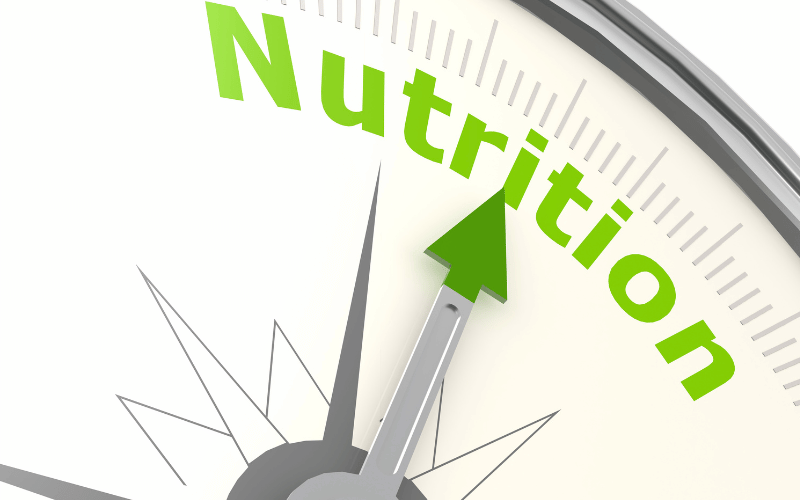14. Nutrition and Delirium: A Surprising Connection

The link between nutrition and delirium is a burgeoning area of research that is overturning conventional assumptions. One might not immediately connect diet with cognitive function in the context of acute conditions like delirium, but emerging data suggest otherwise.
Malnutrition can be a precursor to delirium, particularly in older adults. Essential nutrients like vitamins B12 and D, often deficient in the elderly, play a critical role in cognitive function. Their absence can set the stage for the onset of delirium.
But it’s not just about deficiencies. Even the timing of meals can influence delirium risk. Irregular eating patterns can contribute to metabolic stress, which can, in turn, affect brain function. Similarly, dehydration, a common issue among hospitalized patients, can quickly tip the scale toward delirium.
The discussion around nutrition extends to hospital protocols as well. In many healthcare settings, nutritional intake is not monitored as rigorously as medication or vital signs. Yet, as the research shows, perhaps it should be given more emphasis.
The nexus between nutrition and delirium opens new doors for preventative care. Could a simple change in diet or meal timing be a low-cost, non-pharmacological way to reduce delirium risk? The possibility is tantalizing and highlights the complexity of delirium’s triggers. (14)